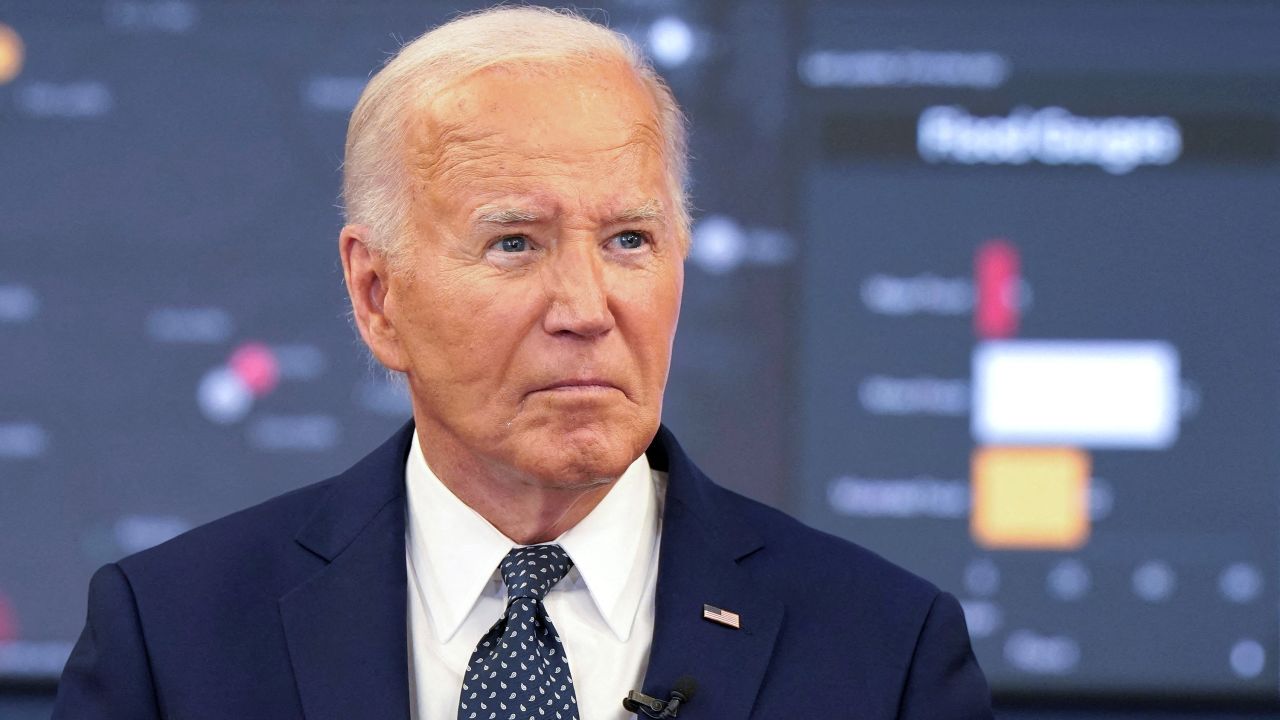Joe Biden’s Decisive Shift – Over a half-century in the limelight, Joe Biden’s political journey has mirrored the evolution of American politics. From his early days as a young senator to his role as Vice President and eventually the Presidency, Biden’s career has been marked by moments of significant change. However, none of these seem as stark or as defining as his recent decision to not pursue re-election in the 2024 presidential race—a move that surprised many and has far-reaching implications for the Democratic Party and the nation.

Joe Biden, a fixture of American politics, has often been known for his ability to adapt and respond to changing political and social landscapes. His early career was defined by a moderate approach, often working across the aisle in an increasingly polarized Senate. As Vice President under Barack Obama, he was pivotal in addressing the Great Recession and advocating for progressive changes like the Affordable Care Act.
However, the Biden who entered the White House in 2021 was thrust into a vastly different America, one grappling with a pandemic, deep societal divides, and a climate crisis. His administration pushed for substantial fiscal stimulus, aggressive vaccination campaigns, and ambitious infrastructure plans. These decisions, while sometimes contentious, underscored a shift towards more decisive, progressive governance.
The decision to step away from the 2024 race is perhaps his most unexpected shift. At a time when many expected him to seek re-election, Biden’s announcement to pass the torch reflects a deeply personal and strategic political calculation. This move is not just about ending a campaign but about reshaping the future of his party and potentially the country. Biden emphasized the need for new leadership that can carry forward the mantle of democracy and tackle modern challenges with fresh perspectives and renewed vigor.
His departure marks a significant moment for the Democratic Party, which now faces the task of uniting around a new candidate who can uphold the coalition Biden helped to forge. It also opens the door for a broader discussion about the direction of American politics, the importance of leadership renewal, and the enduring impact of legacy.
Throughout his career, Biden has been known for his empathetic leadership style, often connecting with Americans on a personal level through shared experiences of loss and resilience. This human approach to politics has endeared him to many, even as it has invited critique and scrutiny over his policies and decisions.
As Biden steps back, his legacy, comprising both achievements and setbacks, offers a rich tapestry for evaluating his impact on the country. His administration’s handling of the COVID-19 pandemic, environmental policies, and international diplomacy will be dissected and debated in the years to come. However, his unwavering commitment to serving the nation remains a cornerstone of his political identity.
As we look to the future, the Democratic Party’s path remains uncertain. The upcoming primary season will be a test of its vision and unity, offering a chance for potential leaders to present their credentials and plans for America. The debate will likely center on how to build on the foundations Biden has set, addressing critical issues such as climate change, economic inequality, and social justice.
For more insights and analyses on how this transition may shape the political landscape, visit our dedicated section on Digital Digest, where we explore the nuances of governance, policy, and leadership that influence our daily lives.




